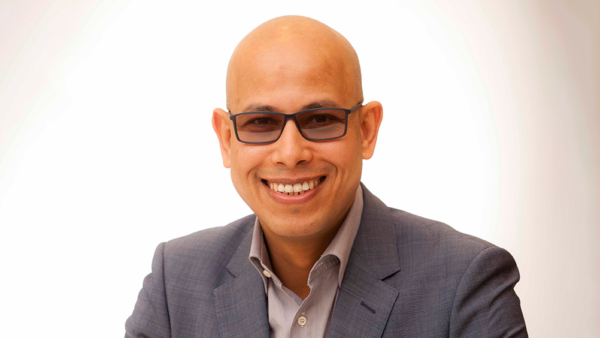GU-Q Arabic Professor Writes an Essential Arabic Reference Guide for Middle East Diplomacy

A new book co-written by Yehia Mohamed, a professor of Arabic at GU-Q, and Elisabeth Kendall, a senior research fellow at the University of Oxford, offers Arabic language learners an essential guide for success in diplomatic communication and international affairs. Titled “Diplomacy Arabic: An Essential Vocabulary” the book can be utilized by readers as either a comprehensive vocabulary reference guide or as an active study tool to develop their discipline-specific vocabulary.
The book features more than 1,300 expressions, terms, and idioms divided into ten areas of diplomatic discourse, from diplomatic service to treaty negotiation and conflict resolution, to civil society, globalization and economic development. Each thematic group provides easy to learn lists to test translation, and an online audio resource provides a pronunciation guide. An alphabetical index of all English-language terms makes looking up the precise word needed easy.
Unlike most specialized Arabic language books which focus on media or business terminology, explained Dr. Mohamed, “Diplomacy Arabic” focuses on politics and international affairs, topics which have been largely overlooked in the publishing world. “With this book, we really hoped to fill a major gap in the body of knowledge in the field of Arabic language and communication. As a professor of Arabic, I know that there simply aren’t enough substantive Arabic language textbooks on politics and diplomacy.”
As a ten-year professor of Arabic and the co-founder of GU-Q’s Arabic Language Program, Dr. Yehia said it was his students who inspired him to write the book. “All of our Arabic-speaking students are pursuing majors in international affairs, which means they need to be qualified to work at the highest levels of language proficiency. It is the needs of our students at GU-Q and across Qatar Foundation who cross-register for our program that I wanted to address first and foremost.”
With the growing importance of the Arab region in international affairs, the book, which was the result of two years of intensive research collecting editorials, newspapers, TV talk shows, and digital media, is also an essential resource for professionals currently working in the field of diplomacy and international affairs who need to develop their discipline-specific vocabulary in order to perform and grow within their field, he said. General language learners can also benefit.
With the successful launch of “Diplomacy Arabic: An Essential Vocabulary,” which is published by Georgetown University Press, Dr. Mohamed’s next project is to explore options for developing Arabic courses in diplomatic communication for credit courses at the university level and for working professionals seeking to refine their Arabic negotiation skills